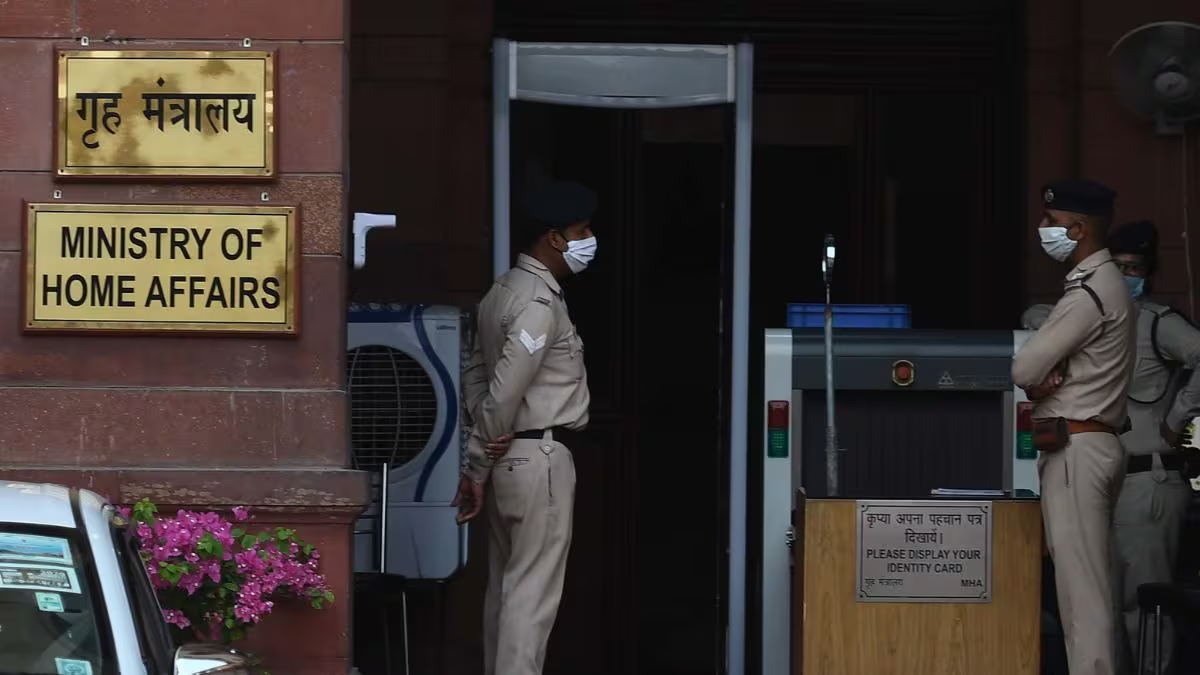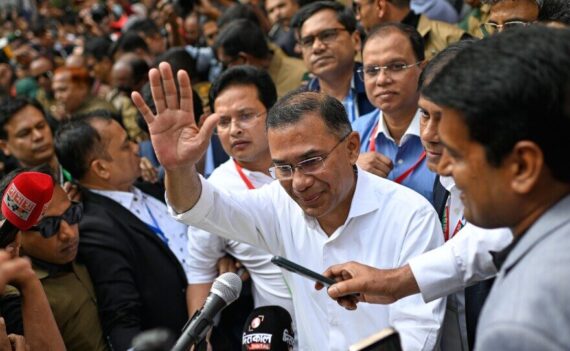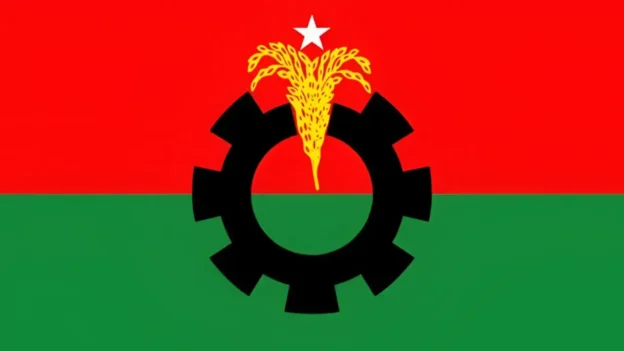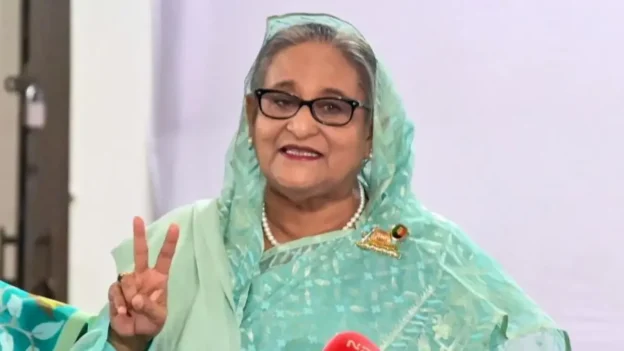In a pivotal meeting held in New Delhi on Tuesday, representatives of Manipur’s Kuki-Zo community once again pressed their long-standing demand for a separate Union Territory with legislative powers, emphasising that it remains a key condition for any meaningful peace agreement in the state. The meeting, convened by the Ministry of Home Affairs (MHA), aimed at restarting dialogue among the three primary ethnic groups in Manipur – the Meiteis, Kukis, and Nagas – following 17 months of persistent ethnic violence that has claimed over 230 lives and displaced tens of thousands.
This is the first major discussion involving representatives from all communities since the ethnic unrest erupted in May 2023. The conflict was initially triggered by a ‘Tribal Solidarity March’ held by the Kuki-Zo and Naga communities to protest the Meitei demand for Scheduled Tribe (ST) status. Tensions have escalated into violent clashes that have devastated communities, with homes burned, livelihoods destroyed, and thousands of people now living in makeshift relief camps.
Kuki-Zo push for union territory gains urgency
Kuki-Zo leaders, including Ministers Letpao Haokip and Nemcha Kipgen, as well as two MLAs, reaffirmed their call for a Union Territory similar to the Puducherry model, which would provide legislative and administrative autonomy to their community. The demand for a separate administration for Kuki-Zo tribals has been central to their political stance since the violence erupted. “We want a Puducherry model of Union Territory in Manipur for the Kuki-Zo tribal community. We have been demanding for a separate administration for the tribals since the ethnic crisis began in May last year,” a Kuki MLA, who attended Tuesday’s Delhi meeting, told IANS.
This sentiment echoes the demands put forth by several Kuki-Zo tribal organisations, including the Indigenous Tribal Leaders’ Forum (ITLF) and Kuki Inpi Manipur (KIM). These groups have been vocal about the need for a separate administration, citing the breakdown of trust between the Kuki-Zo people and the majority Meitei community, as well as the perceived failure of the Manipur state government to provide adequate protection for tribal areas.
The Kuki National Organisation (KNO) and the United People’s Front (UPF), two key conglomerates of underground groups, have been central to negotiations with the Centre, having signed a Suspension of Operation (SoO) agreement with the Indian government in 2008. These groups represent the interests of 23 tribal factions, many of which have historically sought greater autonomy for their people. At present, more than 2,200 cadres from these factions remain housed in designated camps under the SoO agreement. The Kuki leadership has repeatedly stressed that their demand for a Union Territory is in line with the ongoing political dialogue initiated under this agreement.
MHA remains resistant to separate administration
Despite the assertiveness of the Kuki-Zo delegation, sources suggest that the Centre remains opposed to the idea of creating a separate Union Territory within Manipur. “The MHA officials were firm in their stance, showing reluctance to entertain the demand for a separate administration,” a senior Manipur government official, speaking on condition of anonymity, told IANS. This is consistent with previous responses from both the Union and state governments, which have categorically rejected calls for separate administrations in Manipur, citing concerns over the state’s territorial integrity and potential further fragmentation.
During the meeting, Kuki representatives expressed their frustration with the Manipur state government, particularly Chief Minister N. Biren Singh’s administration, accusing it of bias and ineffectiveness in managing the crisis. A Kuki MLA, who attended the meeting, stated: “We came to this meeting because it was organised by the Central government, not because we trust the Manipur government. We have lost faith in their ability to represent our interests fairly.”
Efforts to restart dialogue with all communities
The meeting, which lasted around four hours, was attended by key political figures from the three communities. Representing the Meitei community were Manipur Assembly Speaker Thokchom Satyabrata Singh and MLA Thongam Biswajit, while the Naga community was represented by MLAs Ram Muviah, Awangbow Newmai, and L. Dikho. The objective was to bring all stakeholders to the table in an attempt to de-escalate tensions and find a way forward.
The MHA’s statement following the meeting reflected the cautious optimism surrounding these renewed talks. “The meeting unanimously resolved to appeal to the people of the state belonging to all communities to shun the path of violence so that no more precious lives of innocent citizens are lost,” read the official statement. However, no concrete decisions were made regarding the core demands of the Kuki-Zo delegation.
The inclusion of Meitei and Naga leaders in the talks is seen as a crucial step toward building trust between the communities. Relations between the Meiteis, who make up around 53% of Manipur’s population, and the tribal Kukis and Nagas, who comprise approximately 40%, have been fraught for decades, with competition over land, political representation, and resources frequently leading to flare-ups of violence.
Background to the crisis
The violence that began in May 3 2023 has its roots in deep-seated ethnic, political, and social tensions. The Meitei community, concentrated in the valley regions, has long held political and economic dominance due to their majority status. Their demand for inclusion in the Scheduled Tribes (ST) list sparked outrage among the hill-dwelling Kuki-Zo and Naga tribes, who fear that such a move would dilute their already limited resources and political influence.
The conflict quickly escalated into widespread violence. As of now, over 230 people have been killed, more than 11,000 houses have been burned, and approximately 59,000 people have been displaced, with many seeking refuge in one of the 302 relief camps set up by the state government. The violence has also resulted in the registration of nearly 12,000 cases across various police stations in the state.
Despite the ongoing peace talks, the situation on the ground remains tense. Many Kuki-Zo leaders are hesitant to engage in joint discussions with Meitei and Naga representatives, citing the need for broader consultations with their own communities before committing to any agreements. “We reaffirmed our stand and expressed reluctance to participate in any joint meetings with the Meitei and Naga MLAs. Such meetings should only occur after thorough deliberation with the public,” one Kuki representative said after the talks.
The path ahead
Tuesday’s meeting, though an essential step towards restoring peace, left several critical issues unresolved, most notably the Kuki-Zo demand for separate administration. As the Centre prepares for further rounds of dialogue, it remains to be seen how it will balance the competing demands of the Meitei, Kuki-Zo, and Naga communities while maintaining the territorial integrity of Manipur.
With the support of groups like the KNO and UPF, the Kuki-Zo leadership continues to press its case, insisting that the creation of a Union Territory is the only viable solution to safeguard their political future. However, the Centre’s apparent unwillingness to grant such a demand reflects the complexity of the situation, which remains one of the most challenging ethnic conflicts in India’s Northeast.
The coming weeks are expected to witness further discussions among the communities, as well as consultations within the Kuki-Zo and Naga groups. Whether these talks can lead to a lasting solution will depend on the Centre’s ability to mediate between the deeply entrenched positions of the various ethnic groups in Manipur, while addressing the root causes of the conflict that continue to destabilise the region.

